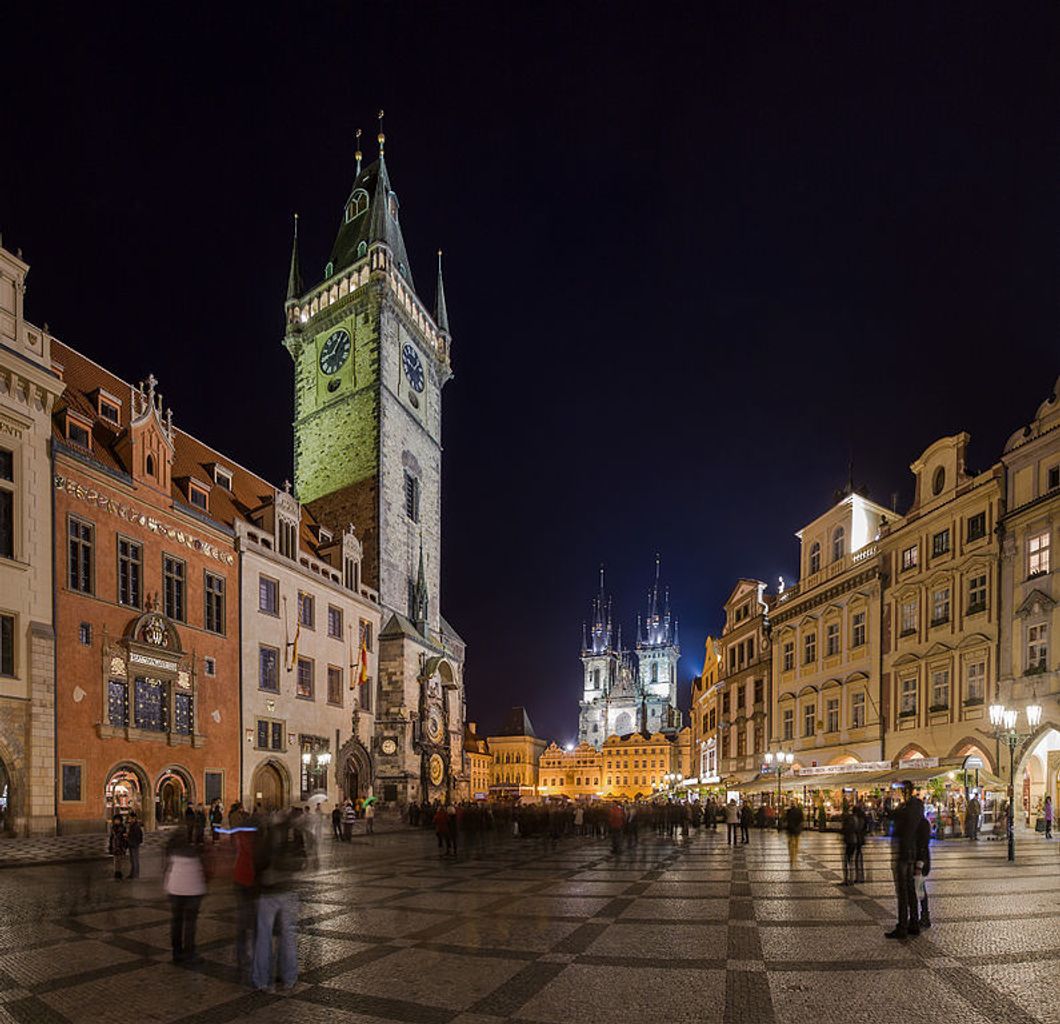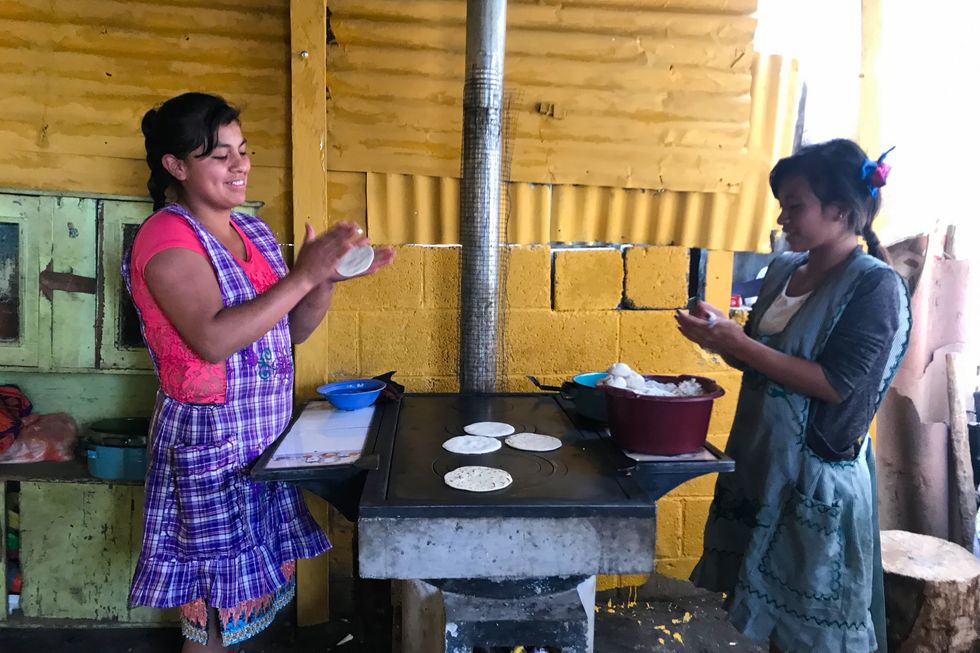A Day In Immigration Court
"America is a nation founded by immigrants" could not be more true in this space.
This past month, I started my summer internship with a local immigration attorney. Throughout the summer, I will be observing the day-to-day responsibilities of an immigration law office, which includes observing client appointments, compiling evidence and legal research for cases, and attending hearings at the federal immigration court in New York City. Immigration court is vastly different than anything I had ever experienced, and the harsh reality of the American immigration system manifests itself in the immigration courts themselves. Yet after only a couple of days witnessing various hearings in court, I want to look beyond the inefficiencies ingrained in our current immigration system and instead paint a picture so that you can understand the underlying effects of the American dream taking place.
There are two floors designated for the immigration courts in the federal building. After exiting the elevator, there is an overwhelming presence of individuals and family units awaiting their presence in court. One time I saw a woman holding a baby that was days old outside of the courtroom. Courtrooms are numbered and labeled with the last name of the immigration judge on the door, and individuals are expected to wait outside with either an attorney, accredited representation, or any other people accompanying the respondent before his or her trial.
Aside from the large conglomerate of immigrants on this floor, there are multiple signs taped to the walls contain directions in languages, including Spanish, Arabic, Mandarin, etc. While on these floors, you cannot help but be surrounded by different people, languages, and cultures. In its essence, this is the presence of the American "melting pot" at its finest. There is something inherently beautiful about intersecting cultures and ways of life, and being in the presence of such different people can allow yourself to open your eyes to such different perspectives. Is that not what America is about?
The popular saying, "America is a nation founded by immigrants" could not be more true in this space.
Since my first time at immigration court, I have witnessed individuals win and individuals lose their case. However, a loss does not have to be the end for some individuals. There is an option to appeal the decision from the immigration judge to the Board of Immigration Appeals (BIA) within thirty days. In cases where the individual receives legal status, it feels as though a large burden is placed off of the individual's shoulders. No longer do they have to struggle through the American immigration system after years of perseverance, and in some cases, individuals can move towards becoming an American citizen.
It is almost funny to think that my presence in a government building could spark an inspirational motivator. However, I think my experience in immigration court is more humbling than anything. It puts into perspective the lengths that individuals take to make their case in front of a judge. For them, America is worth fighting for. Although there are various inefficiencies within the current immigration system, I am not trying to romanticize the reality of immigration court. Most of the time, the lines are long, interpreters are unavailable, and cases are more difficult than ever to win. However, instead of focusing on these points, I think it is important to re-focus on the bigger picture behind the immigration courts, realizing the positives amidst all of the negatives.
Although this is only the beginning of my internship, I am excited to see where this opportunity will lead me. I am excited to hear the stories of others, which showcase their determination against hardship and persecution. And I am determined to not only witness but also initiate change first-hand, one case at a time.






















 Making tortillas in Magdalena, Guatemala (2018)Instagram: @brittharms
Making tortillas in Magdalena, Guatemala (2018)Instagram: @brittharms Basque Country, Spain (2016)Instagram: @brittharms
Basque Country, Spain (2016)Instagram: @brittharms


















